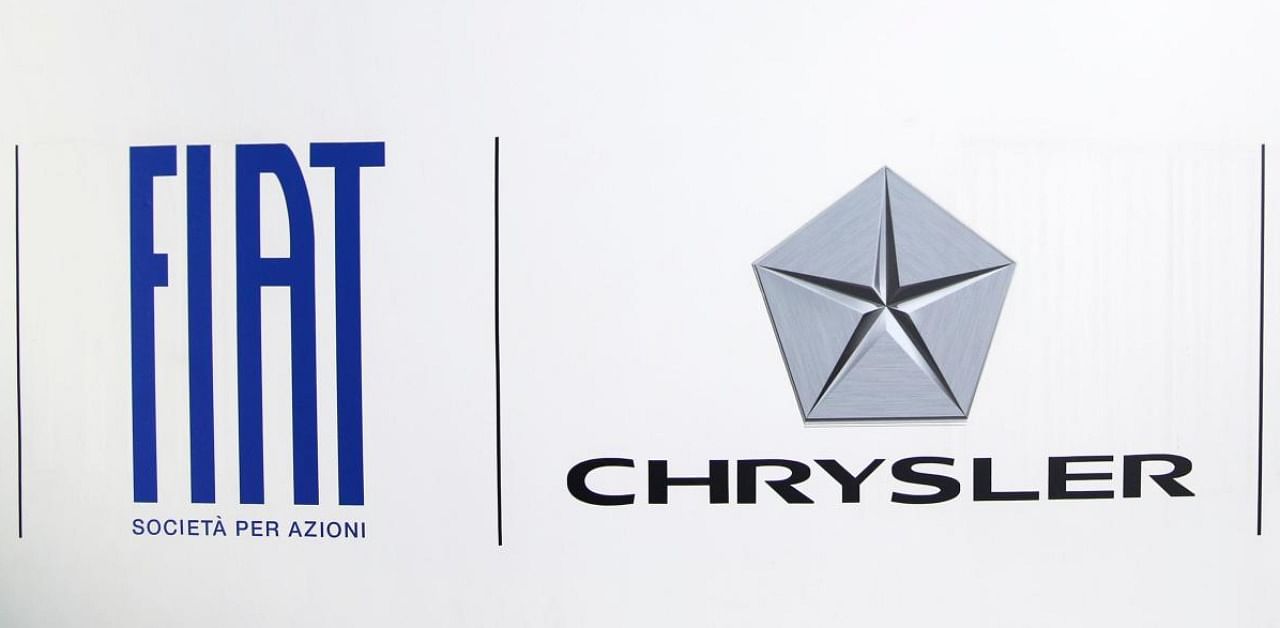
Fiat Chrysler and PSA could win EU approval for their merger by the end of the year, which would create the world's No. 4 carmaker worth around $38 billion, according to people familiar with the matter.
Following are key details of the deal:
Fiat Chrysler Automobiles (FCA) and Peugeot maker PSA signed a binding merger agreement in December 2019, which was amended in September this year to reflect a change in industry conditions following the Covid-19 epidemic.
The two carmakers aim to complete their merger in the first quarter of 2021.
FCA and PSA say their tie-up plan has already been cleared by 14 antitrust jurisdictions around the world, including the United States, China, Japan and Russia.
The merged group, to be called Stellantis, would have annual sales of 7.9 million vehicles and generate recurring operating profit of almost 10 billion euros ($11.8 billion) on revenue of 180 billion euros, based on aggregated 2019 results. ** The new group would be domiciled in the Netherlands, with listings in Paris, Milan and New York.
PSA Chief Executive Carlos Tavares would be the group's CEO for an initial five-year term. FCA Chairman John Elkann would become chairman. The merged group would have 11 board members including Tavares, five nominated by PSA and five by FCA. The merger, once completed, is expected to generate over 5 billion euros ($6 billion) in annual synergies. The two groups say no plants would be closed.
The merger would unite brands such as Fiat, Jeep, Dodge, Ram Alfa Romeo and Maserati with the likes of Peugeot, Citroen, Opel and DS. Prior to completion of the deal, FCA would pay its shareholders a 2.9 billion euro special dividend. That dividend was cut from an original 5.5 billion euros to preserve cash because of the coronavirus pandemic. PSA has said in turn it would postpone the planned spin-off of its 46% stake in parts maker Faurecia until after the merger's closing and extend it to all shareholders of the new group.
FCA's robot unit Comau, initially set to be spun off before the merger with PSA, will now be separated promptly after the closing of the tie-up deal, for the benefit of all shareholders of the combined company.
China's Dongfeng Motor would reduce its 12.2% stake in PSA by selling 30.7 million shares to the French firm in a move that helped smooth U.S. approval. Dongfeng would hold 4.5% of the merged group.
Major shareholders Exor, French state bank Bpifrance Participations and the Peugeot family would be subject to a three-year lock-up period. In that time, the Peugeot family would be allowed to increase its shareholding by up to 2.5% only by acquiring shares from Bpifrance Participations and Dongfeng.
A seven-year standstill period following completion of the merger - when extraordinary operations affecting governance cannot be carried out - would apply to Exor, Bpifrance Participations, Dongfeng and the Peugeot family.
FCA is being advised by Goldman Sachs and its independent board members by D'Angelin. PSA is being advised by Mediobanca's Messier Maris & Associes unit and Morgan Stanley, with Perella working for its independent board member. Lazard is advising Exor.
Exor, the holding company of the Agnelli family which controls FCA with a 29.2% stake, would become the new automaker's single largest investor, with a 14.5% stake.